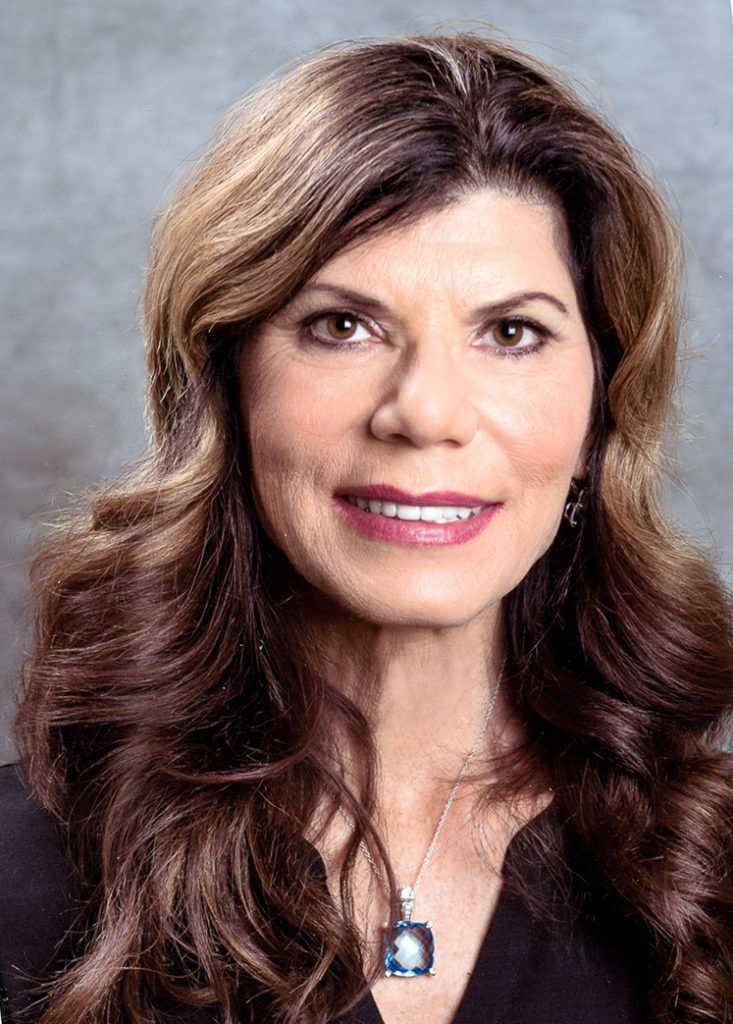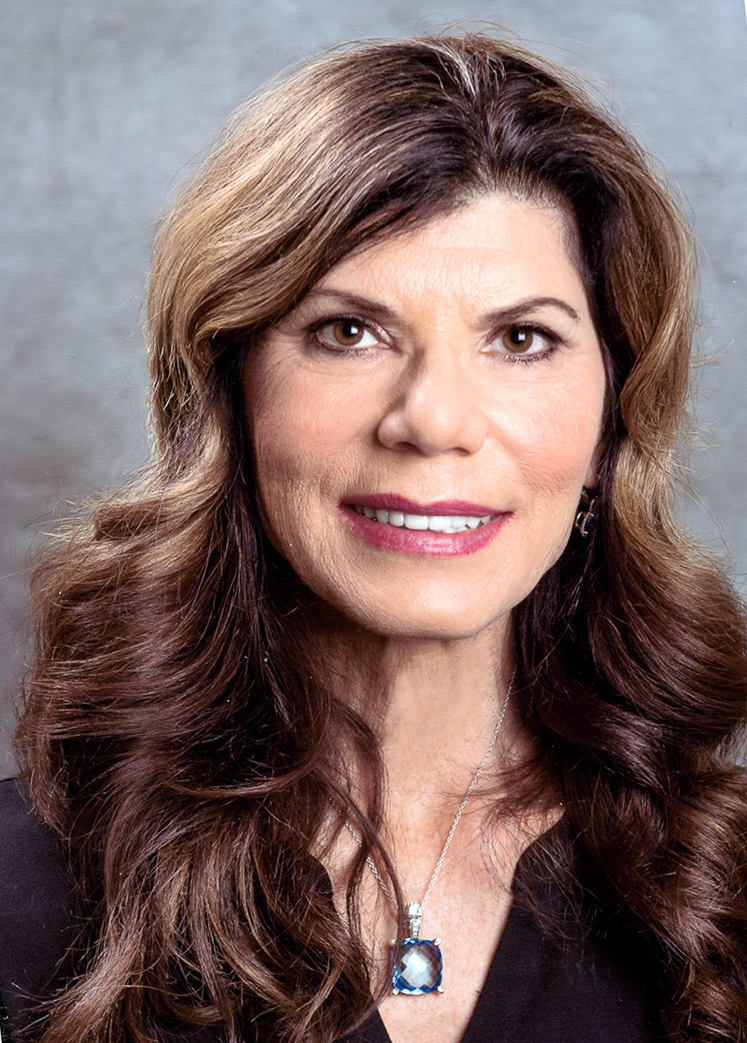
Cancer Rehabilitation: An Invaluable Service but a PR Challenge
In part 1 of this blog, I told you about the ways that cancer rehabilitation (rehab) providers can help people with cancer, from the time of diagnosis through well into survivorship. After reading that you may have thought why don’t all people get this? I often think the same, so I gave some thought as to why this useful service is not offered to many patients.
Most health plans cover cancer rehab when prescribed by a cancer doctor. And yet, clearly, something has gone awry. Research shows that as many as 25% of survivors are still experiencing many symptoms one year after the end of cancer treatment1. About 60% of breast cancer survivors have at least one or more side effects such as fatigue, pain, or lymphedema. These issues could be helped by cancer rehab for as long as six years after diagnosis2. But of all the survivors who could be helped by cancer rehab, only 2%-9% of survivors are getting it3. Why is this?
Rehab Suffers from a Misleading Name, Low Awareness, and Over-Simplification
It sounds ridiculous but cancer rehab has a huge PR problem. First, there is that name, “cancer rehabilitation.” Cancer rehab sounds like something that happens after treatment, like rehab for a knee or a hip after replacement surgery, but the opposite is true. Cancer rehab is most helpful when survivors are tested for functional issues before cancer treatment even starts.
Second, oncology providers lack rehab awareness. Your oncologists’ skill is in planning the best treatment plan. Day-to-day their focus is on making sure you can stick to the plan. Many oncologists do not know that treatment-induced impairments are most easily and effectively dealt with during treatment. This works best when rehab activities are interwoven into a comprehensive treatment plan2.
The third obstacle is glossing over the many challenges of survivorship and the complexities of cancer rehab. In the last decade, the benefits of exercise for cancer survivors have been widely promoted. These benefits are real for survivors who are able to exercise and who have access to a safe and effective exercise program. But for many survivors, cancer rehab is needed to address pre-existing health issues, functional impairments, and debilitating early effects of treatment such as fatigue, pain, chemotherapy-induced peripheral neuropathy, lymphedema, depression, and muscle weakness. Without addressing these issues, exercise is just not possible no matter how many times a provider tells you that exercise is beneficial.
So you see, there are hurdles to survivors receiving the benefits of rehab. These hurdles require changes to how providers think about and utilize rehab services. They may require you to advocate on your behalf for these services. The old adage is true, the squeaky wheel gets the oil!
References
1Alfano, C. M., Leach, C. R., Smith, T. G., Miller, K. D., Alcaraz, K. I., Cannady, R. S., . . . Brawley, O. W. (2019). Equitably improving outcomes for cancer survivors and supporting caregivers: A blueprint for care delivery, research, education, and policy. CA Cancer J Clin, 69(1), 35-49. doi:10.3322/caac.21548.
2Stubblefield, M. D., Kendig, T. D., & Khanna, A. (2019). Revitalizing cancer survivors — making cancer rehabilitation the standard of care. MD Advis, 12(2), 30-33. Retrieved from https://www.ncbi.nlm.nih.gov/pubmed/31100000.
3Pergolotti, M., Alfano, C. M., Cernich, A. N., Yabroff, K. R., Manning, P. R., de Moor, J. S., . . . Mohile, S. G. (2019). A health services research agenda to fully integrate cancer rehabilitation into oncology care. Cancer, 125(22), 3908-3916. doi:10.1002/cncr.32382.
About the author: Nancy Litterman Howe, MS, CES was diagnosed with throat cancer in 1997. An avid runner at the time, she realized that exercise did not protect her from cancer, but physical activity could greatly enhance her survivorship. Howe is working on her Ph.D. dissertation which is focused on helping survivors become more active.
